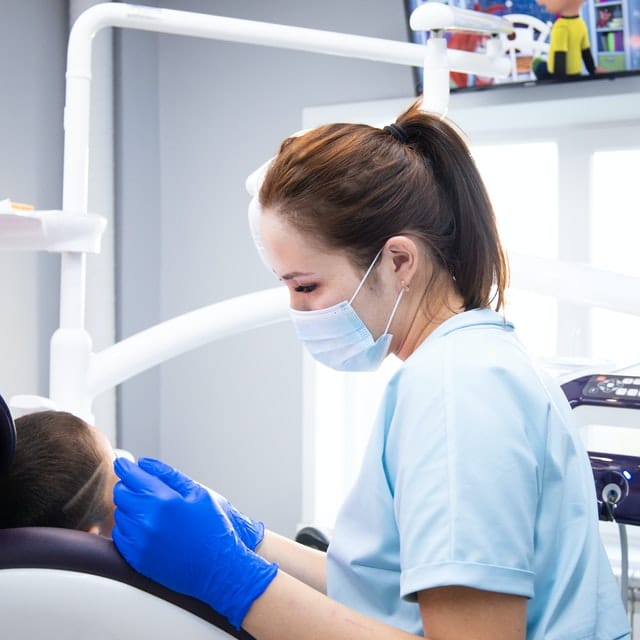It doesn’t come as a surprise to many that changes in weather can affect your body and brain in different ways. Although have you thought about how the seasons can directly impact the health of your ears? Here are some of the common ear problems we face, and how we can reduce their damage.
Winter and the cold
We are all likely aware of that biting feeling in the ears when venturing outside in the cold. Not only does this cause mild discomfort in the short term, but by letting your ears get too cold, you can be contributing to hearing loss. Our body works in astounding ways, and one way in which our ears react to the cold is by performing extra bone growth in the ear canal, known medically as “exotosis”. This extra bone growth naturally blocks the cold, but also prohibits hearing and makes the ear more susceptible to ear infections. This can be easily prevented, simply by wearing ear protection in the colder months. If you work outside for long hours, this may already be a daily requirement for you. However, if you enjoy walking your dog for a couple of hours a day, wearing protection may not cross your mind, but you should consider kitting up before leaving the house.
Extra bone growth in the ear canal is known to welcome infection, but the winter months in general are notorious for illnesses and infections in general. To prevent ear infections, it is as simple as preventing a cold. The coronavirus pandemic has acquainted us with how to practice good personal hygiene and safety with frequent handwashing, emptying your nose, staying warm and dry, and even by getting the seasonal flu vaccine.
Allergies in the warmer months
As Spring arrives, we are often delighted by the warmer weather and bloom in nature. However, for some, seasonal allergies can cause a significant problem in their daily lives. It is estimated that around 19.2 million Americans suffer from hay fever allergies during these months, although many of these individuals may not consider the effect this has on the ears. A common problem is feeling as if your ears are constantly popping. Your ears are filled with fluid, and when the barometric pressure outside significantly drops, the pressure inside your ears doesn’t have the time to acclimate. To help alleviate the symptoms of stuffy and clogged ears, you can buy over the counter antihistamines and decongestants or incorporate regular exercise and diuretics into your daily routine.
If you are concerned about the health of your ears, book an appointment with an audiologist who can check to see if you are experiencing hearing loss and offer professional advice when looking after your ears.


